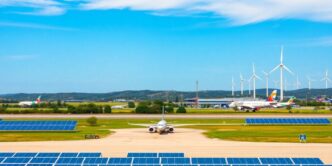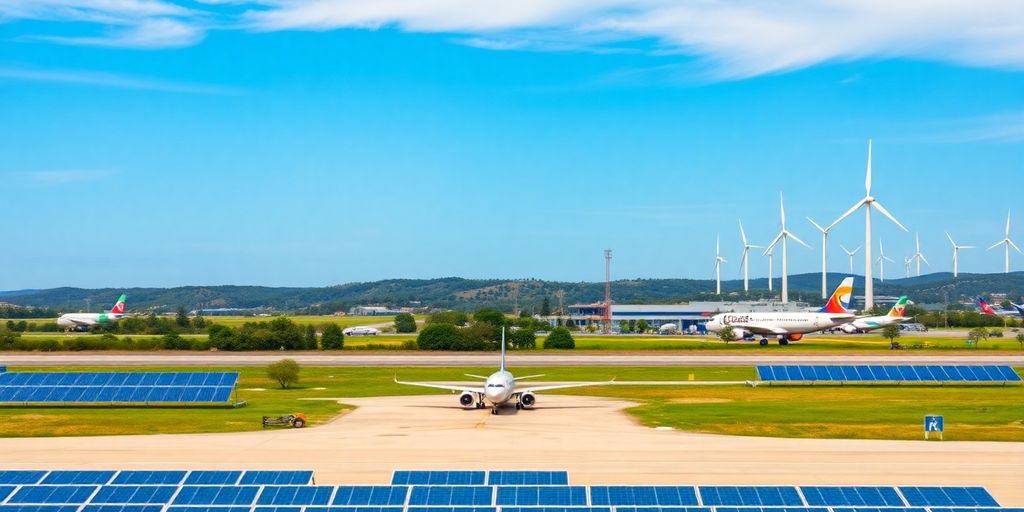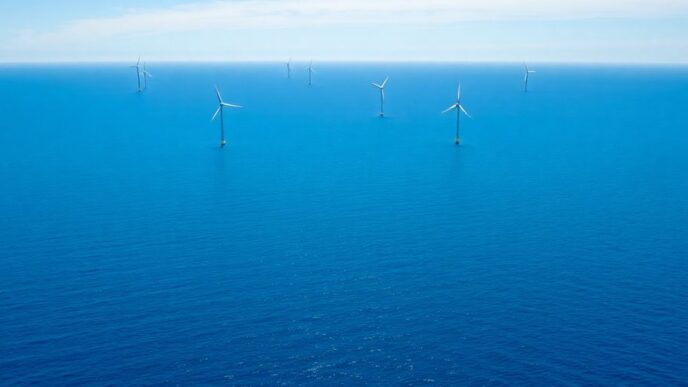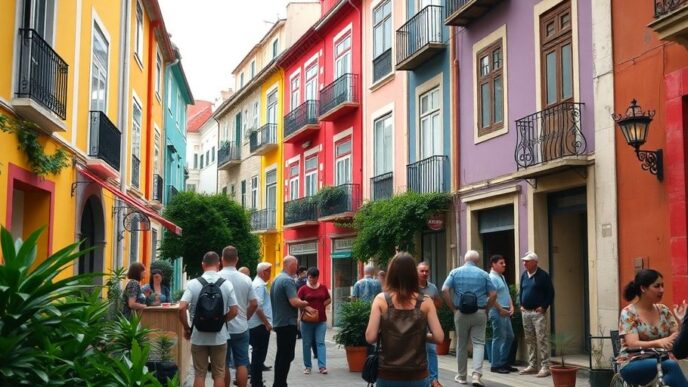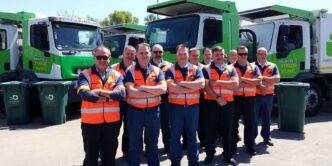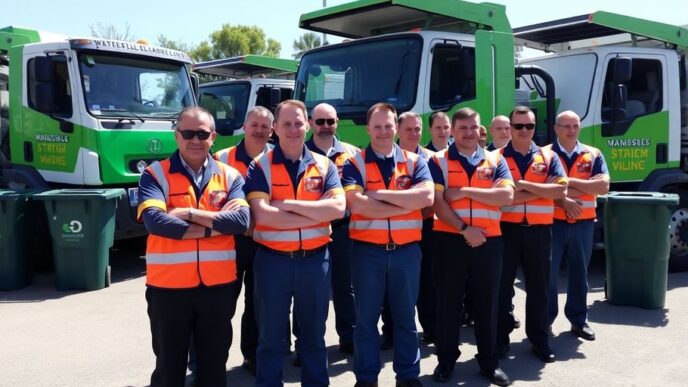Portugal is taking significant steps towards a greener aviation sector by launching tenders for the production of sustainable aviation fuel (SAF). This initiative, which is expected to commence in the coming weeks, aims to position Portugal as a key player in the global SAF market, responding to the increasing demand for environmentally friendly aviation solutions.
Government Initiative
The Portuguese government is moving forward with its plans to promote sustainable aviation fuel production. Energy Minister Maria da Graça Carvalho has highlighted that Portugal possesses the necessary conditions to lead in this sector, particularly due to its access to affordable renewable energy sources.
The government has already received expressions of interest from various companies eager to participate in SAF production projects. This proactive approach is part of a broader strategy to enhance the country’s role in the aviation industry’s transition towards sustainability.
To facilitate this transition, the Portuguese Cabinet approved new regulations in October 2024. These rules allow for the allocation of up to €40 million from the carbon tax revenue to support decarbonization measures in the civil aviation sector. This funding is intended to stimulate the national production of both sustainable aviation fuels and sustainable aviation electricity fuels, aligning with the National Roadmap for Aviation Decarbonisation (RONDA) set for 2026.
Role of the Climate Agency
The newly established Climate Agency will play a crucial role in managing the tender process for SAF production. Minister Carvalho indicated that the agency is expected to be operational by January or early February 2025, with the launch of the SAF production tenders as one of its top priorities. This structured approach aims to ensure that Portugal can meet the growing global demand for sustainable aviation fuels.
Meeting Global Aviation Targets
As of January 1, 2025, airlines are mandated to incorporate at least 2% sustainable aviation fuel into their operations, with this requirement set to increase progressively until 2050. However, the aviation sector faces challenges in meeting these targets, primarily due to the limited availability of SAF and its higher production costs. The situation has led to increased air travel prices, as airlines, including TAP, have had to introduce surcharges to cover the costs associated with SAF.
With the support of government regulations and the establishment of the Climate Agency, the country is poised to become a leader in the production of SAF, contributing to the global effort to reduce carbon emissions in aviation. As the demand for sustainable solutions grows, Portugal’s strategic investments in this sector could pave the way for a greener future in air travel.

